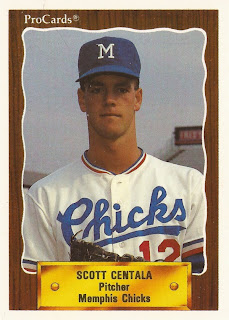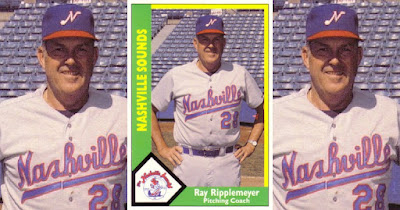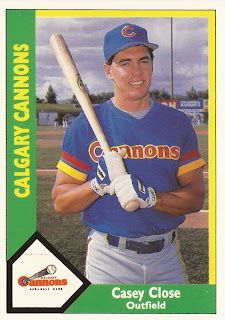Posts
Showing posts from September, 2011
Dave Eiland oversaw majors wins as player, more as coach
- Get link
- X
- Other Apps
Kevin Dean became Expos 1st-rounder, saw 8 seasons, AAA
- Get link
- X
- Other Apps
Hipolito Pena made 3 ML seasons with Pirates, Yankees
- Get link
- X
- Other Apps
Ray Ripplemeyer made bigs as a player, but made his most impact as bigs coach
- Get link
- X
- Other Apps
Stan Belinda saw 12 majors seasons, returned after MS
- Get link
- X
- Other Apps
Casey Close saw 5 seasons, AAA, later became top agent
- Get link
- X
- Other Apps









